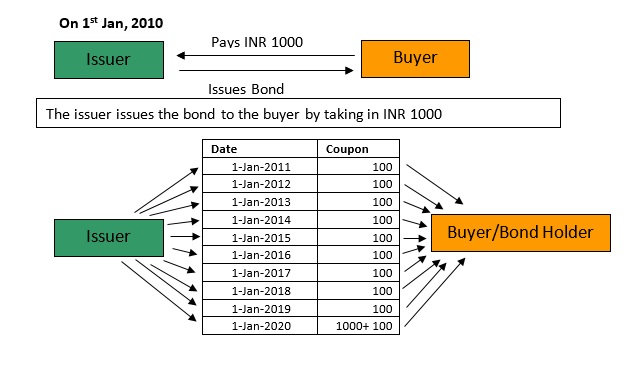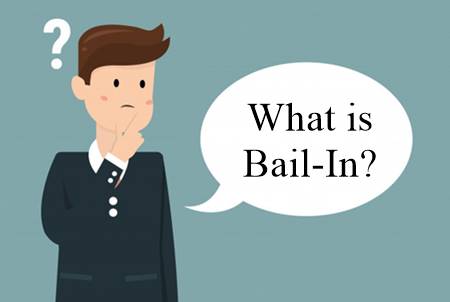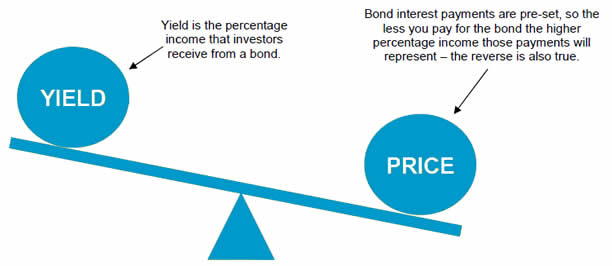
Table of Contents
Bail Bond
What is a Bail Bond?
A bail bond is an agreement type that defends a criminal and gets him freedom. Co-signed by a bondsman, the defendant has to pay an amount in the form of a fee to get guaranteed payment. In short, a bail bond is similar to a surety bond.

In India, bail comes with a specific set of conditions and restrictions placed on the criminal in return for the release until a specific trial date.
How Does a Bail Bond Work?
Typically, a criminal who is charged with a crime is given a bail hearing in front of the judge. The bail’s amount remains at the discretion of the judge.
The judge may either deny the bail or set it for a certain period of time, depending upon the crime that the criminal is likely to appear. Generally, judged have an extensive latitude as far as setting a bail amount is concerned. And, typically, this amount varies considerably from one jurisdiction to another. For instance, if a person has been charged with nonviolent behaviour, he may get bail at Rs. 10,000.
Correspondingly, crimes that are violent come with a high bail amount, and the criminal may have to pay anywhere between Rs. 70,000 and above. Once the bail amount is finalized, the defendant gets a choice to make. Either he can stay in the jail until his charges get resolved at trial, or he can arrange a bail bond.
Bail bond agents, also known as bail bondsmen, provide a written agreement to the criminal court so as to pay the Bail in full if the defendant doesn’t appear for his trial dates. Bail bond agents may charge a specific part of the bail amount upfront.
Talk to our investment specialist
Is Bail Bond Valid?
The bail bond system is regarded by several people, even in the profession of legality, to be a discriminatory activity. While defendants with low-Income have to stay in jail; the ones that have committed a grave crime can easily skip their sentences, albeit for a specific time period.
Moreover, there are even some such places that have outlawed the bail bond. Instead of a written agreement, they ask for a certain deposit on the bail amount to lodge with the court where the case is running.
All efforts have been made to ensure the information provided here is accurate. However, no guarantees are made regarding correctness of data. Please verify with scheme information document before making any investment.













It's interesting to know that bails bonds pay the court what is owed at the moment, writing an agreement stating that the person will be attending every court and will pay the owed amount to the bondsmen. My cousin was talking about bonds mail yester